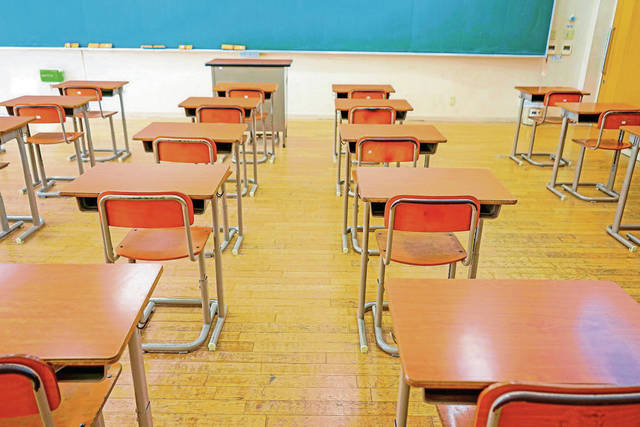Every year, Pennsylvania kids face a battery of tests meant to determine just how well they have been educated in a variety of topics.
All of the students from third grade through eighth grade take annual exams in math. They are tested on their reading comprehension and their writing skills. In fourth and eighth grades, science proficiency is measured.
High school students are similarly measured with the Keystone exams in algebra, literature and biology.
And in the very best of years, the tests are unpopular. They are stressful for many educators and kids alike. They put a year’s worth of pressure on a week of questions.
They set up the false equivalency of progress or regression, since this year’s third-grade numbers have nothing to do with last year’s numbers that measured a completely different class of students with different strengths, weaknesses and challenges. By the same token, measuring last year’s third-graders against their progress in fourth grade says nothing, as they are learning entirely different material from different teachers — assuming they are, in fact, the same students and no one moved or was otherwise shuffled.
So of course, the tests will be given in 2021.
While the 2020 tests were canceled because of the coronavirus pandemic, questions had remained about the 2021 testing. The state powered on with preparation, but the possibility remained that the federal government — which requires them as a national yardstick — would waive them.
On Monday, the U.S. Department of Education announced that would not happen.
While flexibility is being offered, Acting Assistant Secretary Ian Rosenblum said schools need to know in what areas kids were left behind and where they need the most help. Parents need that data, too, he said.
Schools and parents and students do need to assess that. But is the cudgel of standardized testing the best way to do so?
Many colleges, including the big dogs such as Harvard, are backing away from standardized test data, making SAT and ACT scores optional instead of mandatory. The College Board, which administers the SAT, supports this.
On a normal test week, administrators urge parents to make sure that kids get a good night’s sleep and minimize stress. They encourage a healthy breakfast because studies have shown hungry kids don’t test well.
Kids are stressed. Some families are facing eviction or housing issues. Many more are facing an epic hunger crisis that is stretching food banks to their limits. Even in families that have managed to weather the pandemic fairly well, learning has been disrupted in ways large and small, and in degrees hard to measure.
This does not seem like the formula for accurately measuring what a kid does or doesn’t know.








